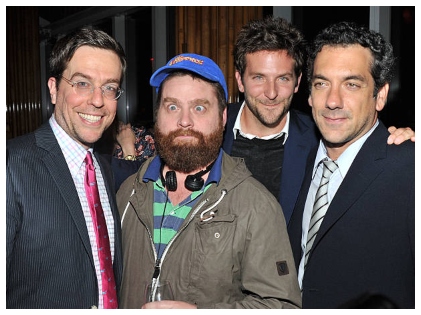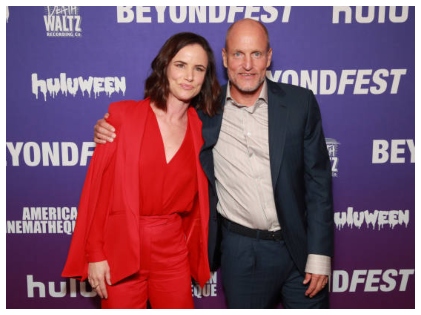Lawsuits against movies and filmmakers are fairly common. Most of these are issues like copyright infringement, plagiarism, or various details involving several true events. A lawsuit is filed to get a piece of the widely popular movie’s box office gross in various cases. Here are a few of the films that end up battling legal issues from numerous quarters.
Captain Phillips

British director Paul Greengrass’s recent film narrates the heroic story of Captain Richard Phillips. Philips was the MV Maersk Alabama captain, and the movie explores his travails against the Somali pirates, who hijacked his cargo ship in 2009.
While the celluloid version of Phillips was projected as an everyman who did everything possible to prevent the hijacking. However, the crew of the actual MV Maersk, Alabama, took a different perspective on the whole thing. The crew claims that Captain Phillips deliberately went to the pirate-infested waters to save time and money to steer clear of disaster. All this despite various warning signs that made him go farther away from the African coastline.
Drive

In October 2011, a Michigan woman named Sarah Deming filed a lawsuit against the Emagine Novi movie theater and FilmDistrict Distribution for making a trailer for Drive. The film stars Ryan Gosling, Carey Mulligan, and Albert Brooks.
Deming said the film distributor promoted the film Drive on similar lines like Fast and Furious or a similar movie series. She was upset that Drive was completely different. It was a methodical art film with no commonalities with a chase or race action. And unlike the name, there was very little about driving in the film.
Deming saw the film as it had violated Michigan’s Consumer Protection Act, claiming that the film did not portray a particular faith in a favorable light. Deming also sought statutory damages as per Michigan’s Consumer Protection Act. The trial judge ruled the verdict in favor of the defendants and rejected the plea of Deming.
The Hangover Part II

In April 2011, tattoo artist S. Victor Whitmill filed a suit against Warner Bros. This was for a copyright infringement offense. In the film Hangover Part II, Stu (Ed Helms) wakes up after a night of mindless mayhem in a Bangkok hotel. And this mimicked Mike Tyson’s tribal face tattoo.
The plaintiff designed the tattoo catering to the specific needs of Mike Tyson. And hence it was an offense as the tattoo was a copyrighted work. Whitmill said that Warner Bros. did not own the rights to use his work in the film or any promotional materials linked to The Hangover Part II. The lawsuit took to epic proportions and almost impacted the release of the film. It was also thought that if the two parties did not see eye to eye, they would have to remove Helms’ face as per the home video release. Ultimately the deal was fixed at an undisclosed amount, and The Hangover Part II went on to fetch close to $581.4 million worldwide.
Black Swan
In 2011, two working professionals (interns) working for Darren Aronofsky’s film Black Swan filed a lawsuit against Fox. Eric Glatt, who worked in the accounting department, and Alexander Footman, working in the production segment, claimed that they did not receive any payment for their respective work in the film.
The claim violates both state and federal labor laws. Glatt worked five days a week for close to 40 to 50 hours per week. And Footman had clocked for over 95 days. Neither of them got any financial compensation. They asked for class damages.
The Federal Court Judge sided up with Glatt and Footman, according to the Fair Labor Standards Act and New York Labor Law. They must fall under the category of employees rather than unpaid interns.
Natural Born Killers

In the year 1995, Sarah Edmondson and her boyfriend Benjamin James Darras mimicked reel life and went on a violent crime spree through Mississippi and Louisiana.
The only catch, they did it after watching the controversial film Oliver Stone’s Natural Born Killers. While in Louisiana, Edmondson shot the convenience store cashier Patsy Byers, turning her a quadriplegic. Byers slapped a lawsuit against her assailants and the filmmakers who made the film Natural Born Killers.
Well, who would think that films as successful as the Hangover were part of so many controversies? But in this case, it turned out to be good publicity for them?




